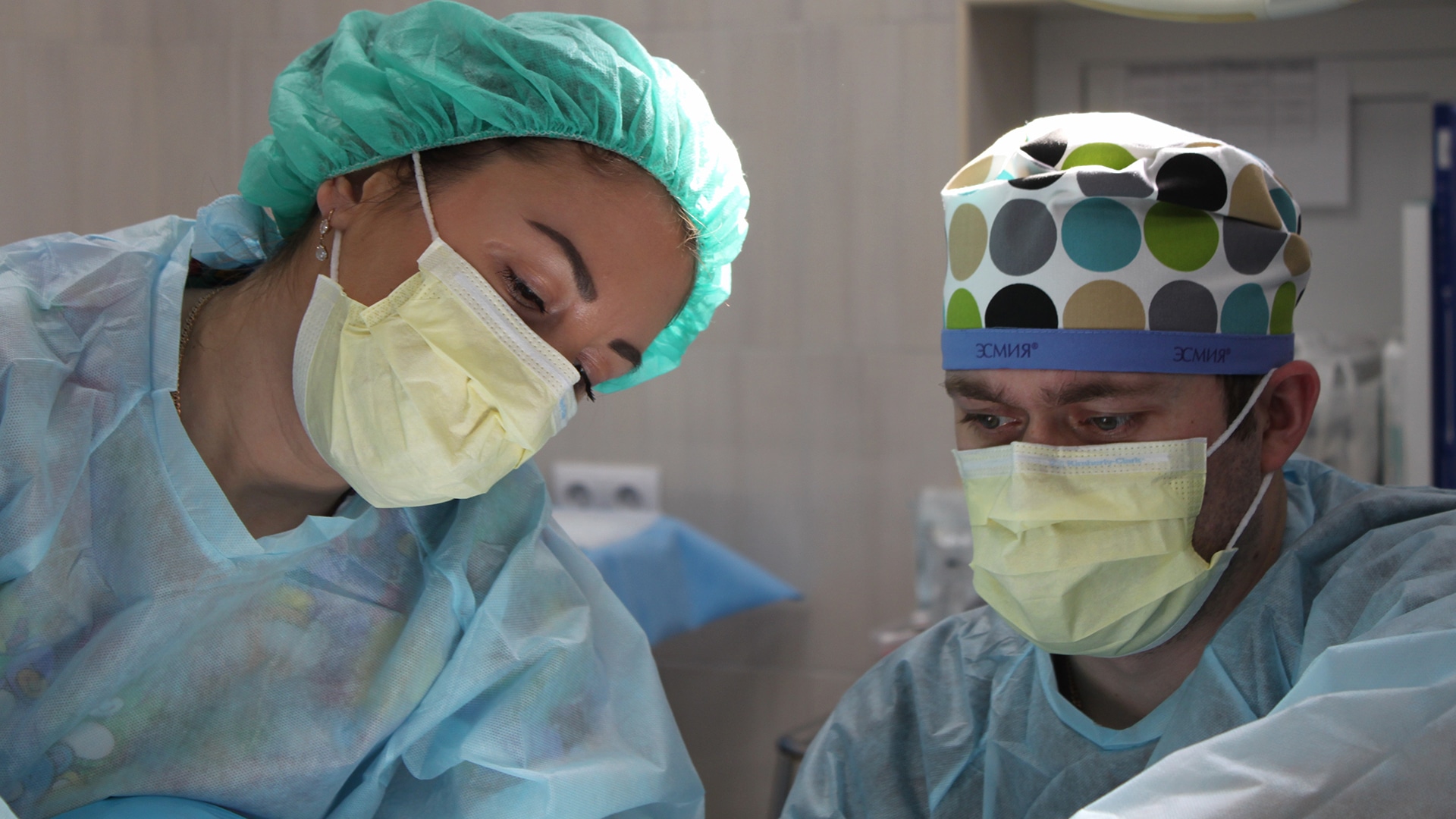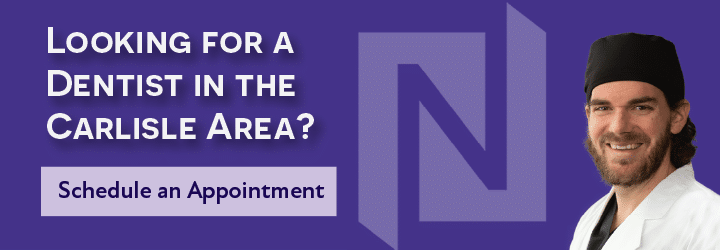
What is an Expanded Functions Dental Assistant?
An Expanded Functions Dental Assistant (EFDA) is a certified dental assistant who has acquired additional schooling and training in order to obtain the skills and licensure that allows them to perform some procedures that you might usually associate with ones that your dentist used to do.
Because of their specialized training, EFDAs can perform the following additional procedures such as:
- Place fillings- One of the main duties of an EFDA is to place and contour fillings after the dentist has prepared the tooth. Once the dentist has prepared the tooth, the EFDA uses restorative materials to place, sculpt & polish the filling, check the bite occlusion, and make sure that the area flosses well. After completion, the dentist does a final check of the filling before the patient is dismissed.
- Perform polishing- Another procedure that an EFDA can perform is something called coronal polishing, which is like the polishing that a dental hygienist does at the end of a dental cleaning. Although polishing is often done after a dental filling, some EFDAs are utilized with dental hygienists to polish the teeth after a hygienist has finished with scaling, which is the therapeutic procedure that removes harmful deposits and bacteria during a dental cleaning. Polishing helps to remove surface stains, thus creating a smooth tooth surface.
- Apply fluoride treatments- EFDAs can apply fluoride treatments in the dental office. In-office fluoride varnish helps to prevent tooth decay by strengthening tooth structure.
- Place tooth sealants- EFDAs can place sealants, which is a preventative procedure to seal deep grooves in back teeth that are most vulnerable to decay.
Why is the Dental Assistant Filling My Tooth?
Perhaps the last time you saw your dentist for a filling, the dentist’s assistant did some of the filling and shaping part of the procedure.
Modern dental care involves a team approach to providing you state of the art dental care. These days, dentists rely on their entire dental team to help support them in providing the most optimized & efficient care to treat your oral health needs.
One of the most important members of the dental team is the Dental Assistant, who typically provides supportive dental duties such as taking dental x-rays and assisting the dentist with procedures. For many decades, dental assistants have been the team member who sits in during treatment while the dentist performs procedures such as fillings and crowns. However, now the role of the dental assistant has evolved into more responsibilities than in the past.
In many states, including Pennsylvania, the role of dental assistants has advanced to add an additional level of clinician status. Currently, certified dental assistants are eligible for additional training that will allow them to become licensed professionals called Expanded Functions Dental Assistants (EFDA).
What Training Does an EFDA Need?
In order to be accepted into an EFDA training program, one needs to be either a certified dental assistant or a registered dental hygienist. Training programs in Pennsylvania typically offer instruction over an 18-month period that involves both clinical and classroom instruction in advanced restorative techniques. Most programs require an internship with an approved dental office to finish clinical training.
Upon successful completion of training at an accredited school for expanded functions dental assistant training, students are eligible to sit for board examinations.
Is an EFDA Certified?
Yes! If an EFDA passes the state board-approved examination, they may apply for state licensure. The PA State Board of Dentistry requires an EFDA to be licensed to practice within the state.
In order to practice, an EFDA must also have the following:
- PA State Licensure as an EFDA
- PA Certificate to take dental x-rays (radiographs)
- Completion of continuing education every two years for license renewal
- Completion of three hours of Pennsylvania Department of Human Services-approved training in child abuse recognition and state reporting requirements.
- CPR Certification
Why Do Dentists Use an EFDA?
Sometimes, patients are surprised to know that their dentist is not doing the entire filling procedure from start to finish. Often, that is because not all patients have heard of EFDAs, or their previous dentist never utilized one. While in the past having an EFDA was less common, today, EFDAs are a strongly utilized team member in a dental practice.
Having an EFDA among the dental team serves many benefits. One of the most important benefits is access to care. Because the EFDA can finish a filling, the dentist is able to begin treatment for another patient, which allows patients to get more timely appointments.
While some patients might wonder why an EFDA is doing their filling, they should know that they are being treated by a dental professional who may have already placed hundreds to maybe even thousands of fillings each year!
Your EFDA Has Professional Pride!
EFDAs are valued team members who have a strong sense of professional pride because they can use their additional skills to improve patients’ oral health. In fact, our practice has several EFDAs who are passionate about their career and helping their patients achieve their best smile!



